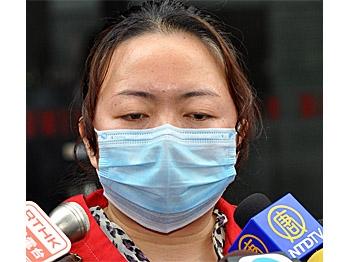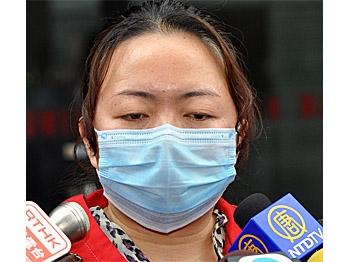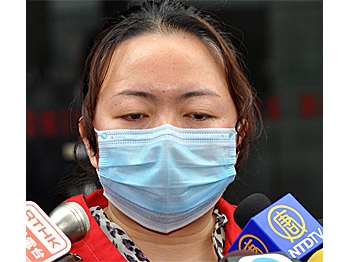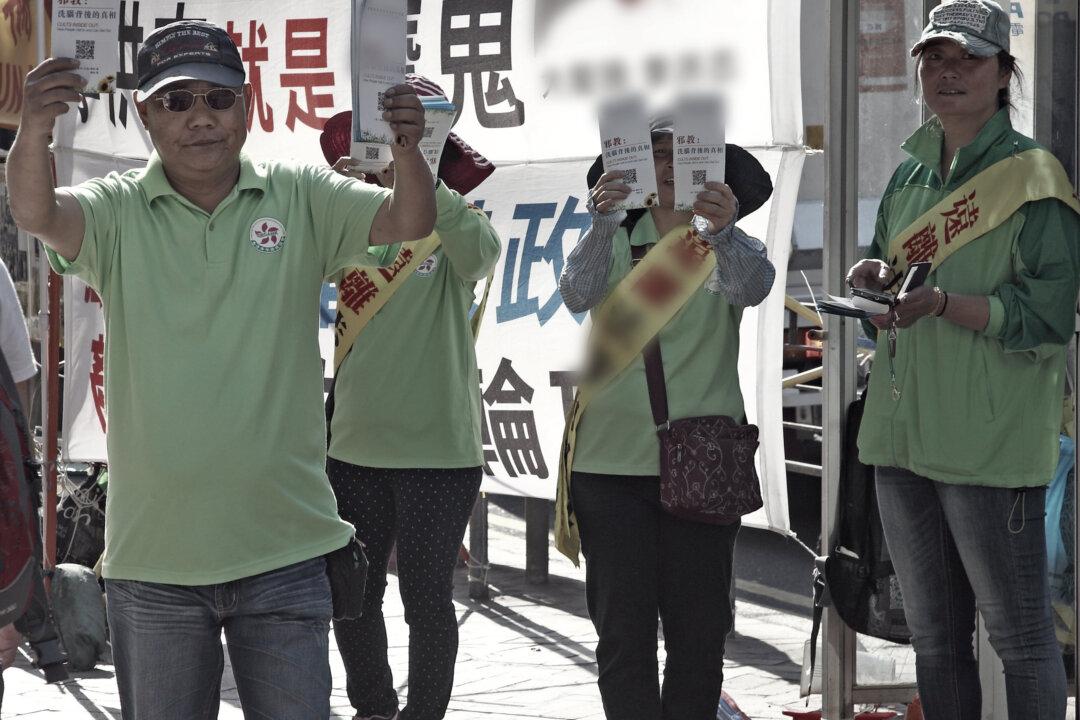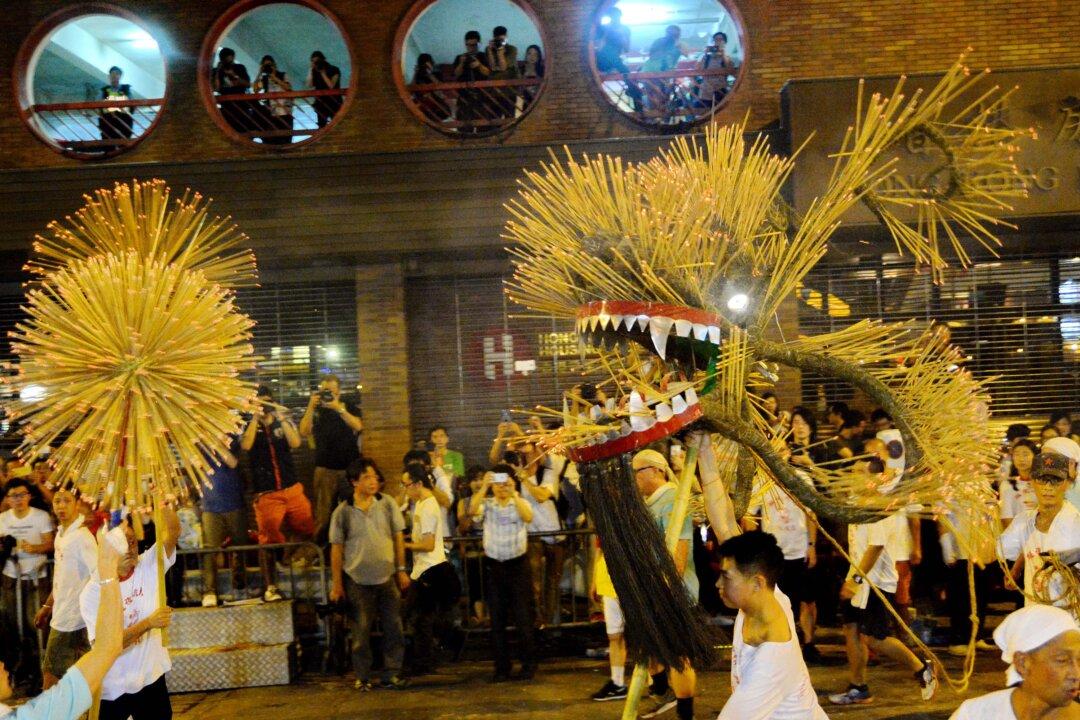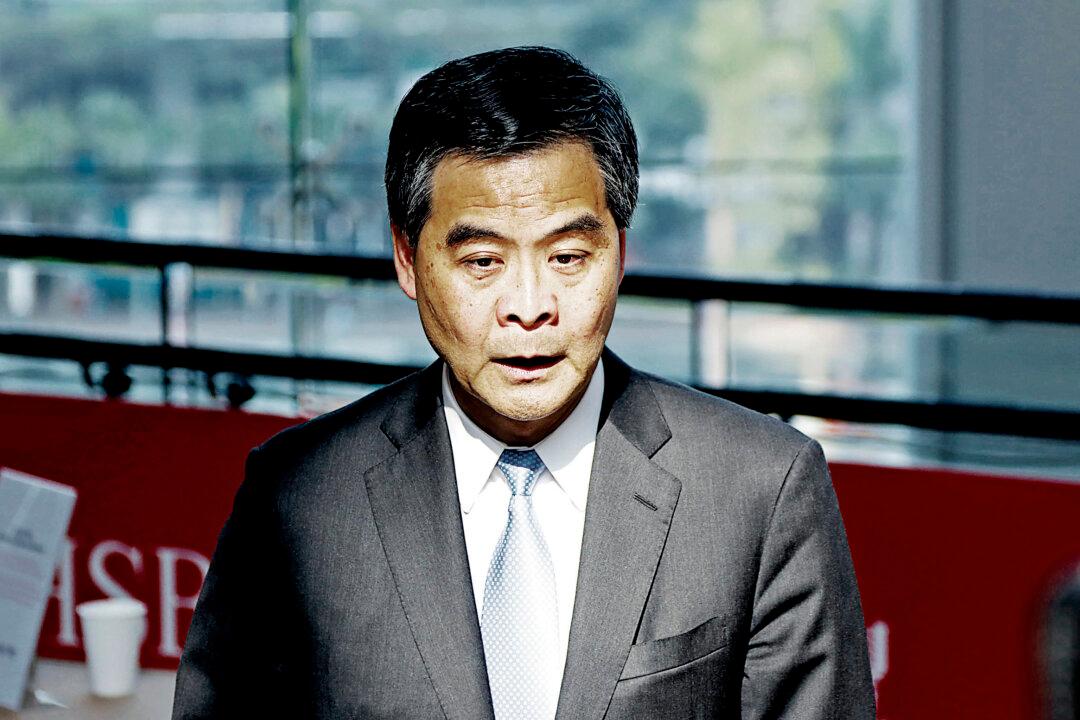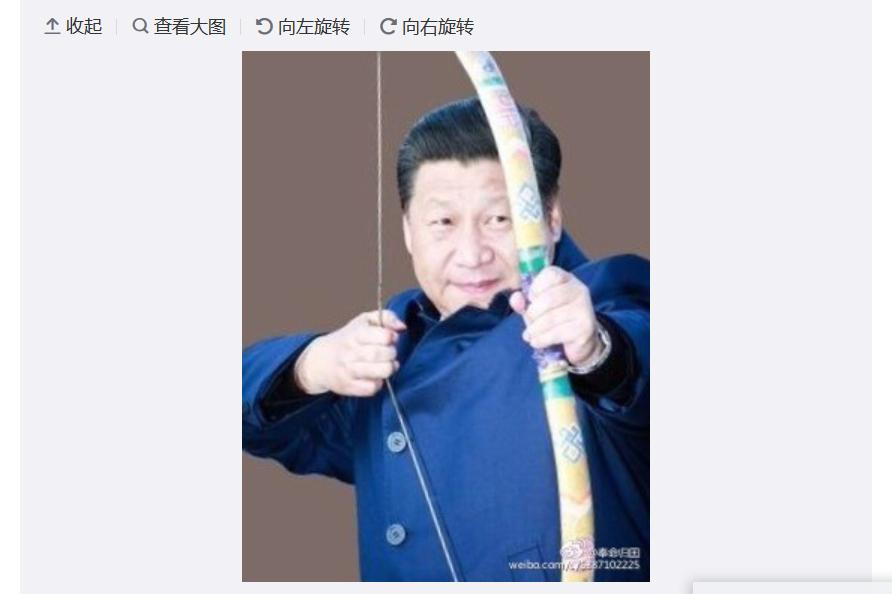HONG KONG–After unsuccessful appeals in China, eight parents of children sickened by melamine-tainted milk manufactured by China’s Sanlu Group went to Hong Kong where they filed the first case against Sanlu overseas.
They filed a writ at the Small Claims Tribunal to seek compensation from the Fonterra Cooperative Group, Sanlu’s second largest shareholder, which is registered in Hong Kong.
Chen Lu, the only one of the eight parents who was able to travel to Hong Kong, was accompanied by her attorneys Peng Jian and Lin Zheng for a hearing on May 4. According to Chen, her daughter, who is now 3 years and 9 months old, had been drinking Sanlu’s milk since she was born in 2006. Several months later her child began to have swollen eyes and joint problems. When the tainted milk scandal erupted in September 2008, her daughter was diagnosed with multiple kidney stones.
Twenty-six days later their doctor told her that her daughter was completely healed and asked her to sign a settlement agreement for compensation of 2,000 yuan (US$300) to be provided by authorities. The very next day Chen found out that she had been deceived.
Chen said, “The doctor told me that my child was completely recovered, and there would not be any aftereffects. I believed them and signed the compensation agreement. The next day I took my daughter for a follow-up checkup and found out she still had stones in both kidneys. I could not accept that.”
Chen had sought treatment at numerous hospitals but without success. “My child often has fevers close to 110 degrees Fahrenheit and sweats profusely. The doctors told me she has a calcium deficiency,” she said.
